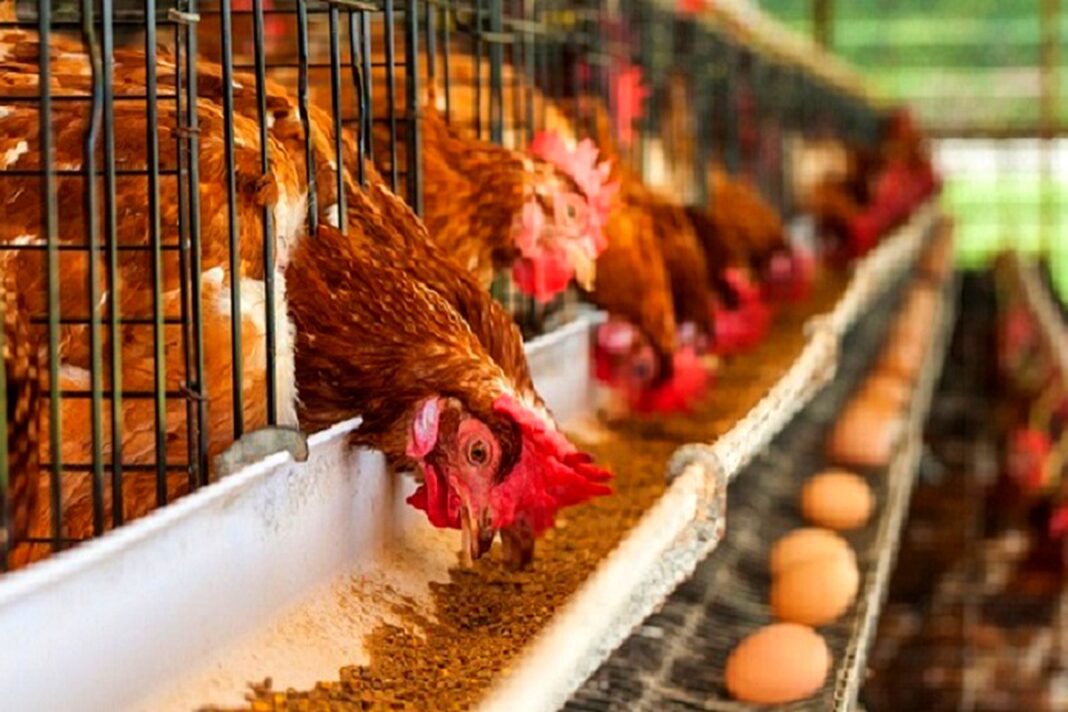Lehlohonolo Motsoari
The ongoing saga involving poultry farmers, chicken imports, and government regulations has recently taken an unexpected turn.
The Ministry of Agriculture Food and Nutrition’s decision to partially lift the ban on chicken imports from South Africa, allowing only frozen chicken and fertile eggs, has ruffled feathers in the farming community.
A new development, as revealed by a ministry circular, has added complexity to the situation, leaving farmers and traders in a state of uncertainty.
The five-month ban on chicken imports from South Africa were a significant challenge for poultry farmers and traders.
Although the recent easing of restrictions brought some relief, it also raised concerns within the industry.
The process of negotiating with the Department of Livestock and Food Security has been fraught with difficulties, highlighting a disconnect between government and industry stakeholders, Poultry farmers have revealed.
The poultry farmers highlight challenges encountered during negotiations with the Department of Livestock and Food Security.
Initial meetings failed to yield mutual agreement but rather exposed the rift between the government and poultry stakeholders.
Despite subsequent discussions, a consensus remained elusive, further exacerbating tensions within the industry.
Minister Thabo Mofosi’s announcement about the partial lifting of the import ban came after reports of a decrease in bird flu cases in South Africa.
“Given the latest information, we have decided to partially lift the ban,” he explained.
The minister further revealed that the government is also exploring options to diversify poultry import sources, including Zambia, Eswatini, and Zimbabwe.
The minister’s announcement, however, introduced a new caveat.
“The latest directive specifies that only frozen chicken is permitted for import, leaving out fertile eggs. This side-lines farmers and traders dealing with pullets and broilers,” Rethabile Mokaeane, secretary of the poultry farmers disclosed during a press conference in Maseru.
The farmers have expressed frustration over the financial impact of the ban.
“Challenges like obtaining transit permits for importing chicken from other countries have added to our already existing difficulties,” Mokaeane said.
She further charged that there is concern over perceived favouritism towards a new, less experienced industry player, raising questions about the ministry’s motives.
“Surprisingly, this new entrant is an unskilled player and this raises concern and forces us to wonder about the motive of the ministry. We are yet to find out.”
The farmers accused the government of introducing a new player who is given preference to deal with South Africa while their hands are ‘tied’.
“She (the unnamed player) comes in with a huge financial muscle, no interest to help ease the local industry challenges, but rather has been given the doorway to work with South African poultry traders and producers. This simply means through this newbie, the South African market is going to expand and their slaughterhouses kept busy while we sit with our hands tied by the government,” Mokaeane charged.
The poultry community’s displayed anger was also sparked by the recent visit to Eswatini by the ministry’s task team.
“After our visit to Eswatini, we faced conflicting reports from the Livestock team which complicated our presentation to the Prime Minister in advising a way forward,” the community’s chairperson ‘Mantsane Rantenkoa recounted,
Rantenkoa also highlighted disagreements over the state of bird flu in South Africa.
“We reported a decrease in bird flu cases in South Africa, but the Livestock team disagreed citing a lack of cooperation from South African authorities, yet the country was releasing update statements regularly,” Rantenkoa said.
Despite presenting recommendations based on their findings, Rantenkoa said the ministry intentionally ignored their inputs.
She said the government’s decision has left the future of chicken imports in limbo.
“We’ve learned that a significant portion of South African compartments are free from bird flu, which should allow for broader import permissions,” added Mokaeane.




